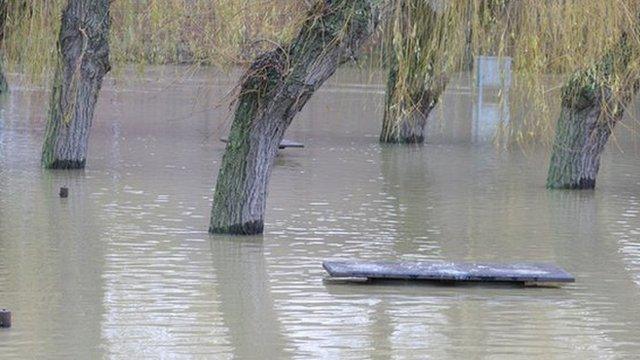Fotheringhay villagers want answers over recent flooding
- Published
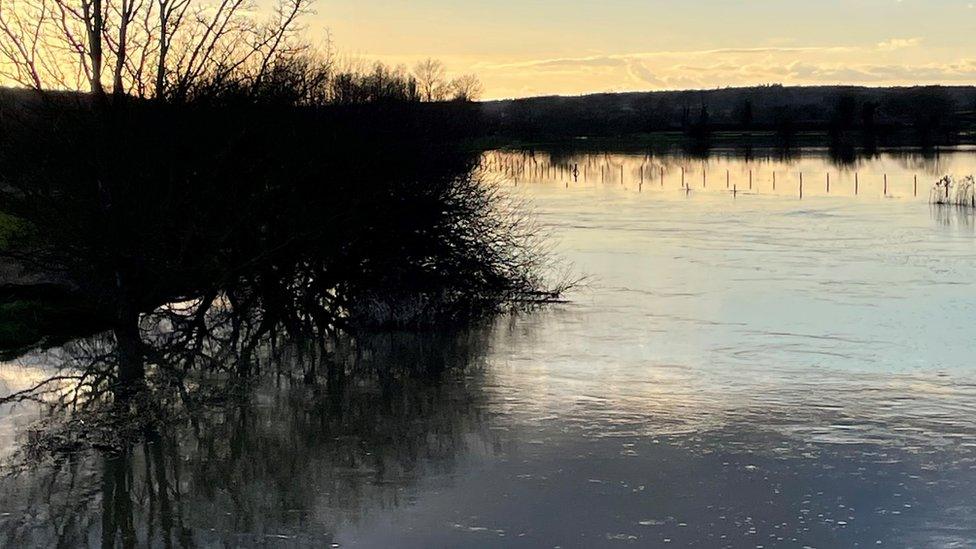
Last week's floodwater made several roads around Fotheringhay impassable
People in a historic village claim flooding has got worse since the Environment Agency (EA) changed its strategy.
Residents of Fotheringhay, Northamptonshire, say water now rises more quickly and drains more slowly.
Richard III was born in the village and Mary, Queen of Scots, was executed there.
The EA said it had been working on a lock in the area but there had been no change to flood management policy.
Bill James, warden at St Mary's Church, usually spends his time telling visitors from across the world about its rich history.
Richard III, whose body was discovered in 2012 under a car park in Leicester, was born in the village in 1452 and Mary, Queen of Scots, was imprisoned in Fotheringhay Castle before being beheaded there in 1587.
However, Mr James is coping with a much more recent drama: the semi-regular flooding of roads around Fotheringhay.
"The village is linked to other villages by three or four roads which run alongside the A605, the main route from Northampton to Peterborough - and that even was flooded for a while - but this village was virtually cut off for three or four days," he said.

Richard III was born in the village of Fotheringhay
"The [church] congregation has been a bit intimidated; if you're contemplating driving through water and you see two cars stuck in the middle of it, you're less inclined to make an attempt.
"Fortunately we haven't see any property damage, but crops in the fields have been destroyed."
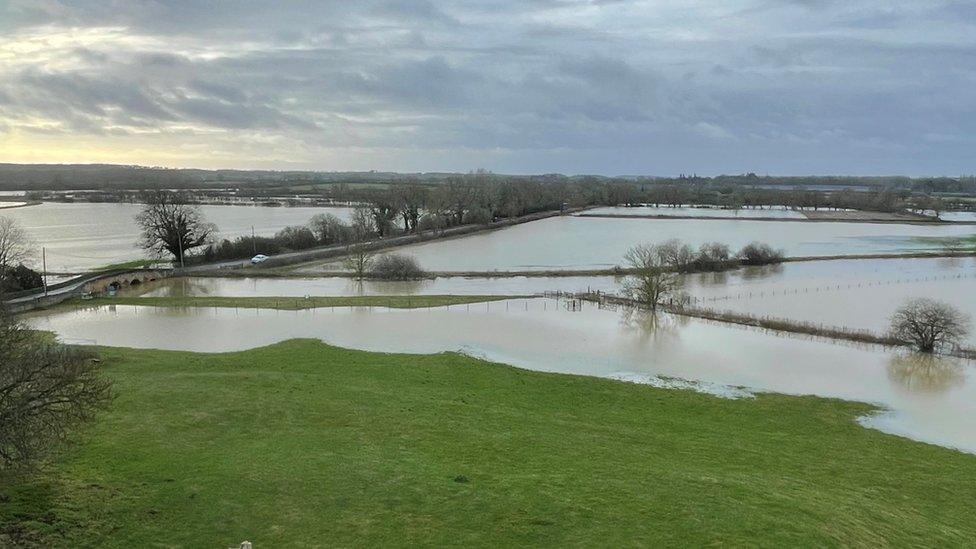
s
Mr James said some people believed a new EA policy was to blame.
"I don't pretend to understand the technicalities, but there's a suggestion around the village that the EA is now using a different strategy to manage floodwater and the result of that is that it rises more quickly on some of the roads and it takes longer to go down," he said.
However, Ben Thornely, the EA's flood and coastal risk manager, said: "There has been no active decision to change the management of the river system in the middle Nene.
"Work was under way at Warmington Lock in December when river levels increased - this meant we were unable to use the lock to discharge flood water during periods of high flow.
"However, the flows we have seen on the Nene would have seen flooding of the Fotheringhay road regardless of the operation of the lock."

Follow East of England news on Facebook, external, Instagram, external and X, external. Got a story? Email eastofenglandnews@bbc.co.uk, external or WhatsApp 0800 169 1830
Related topics
- Published12 February 2024
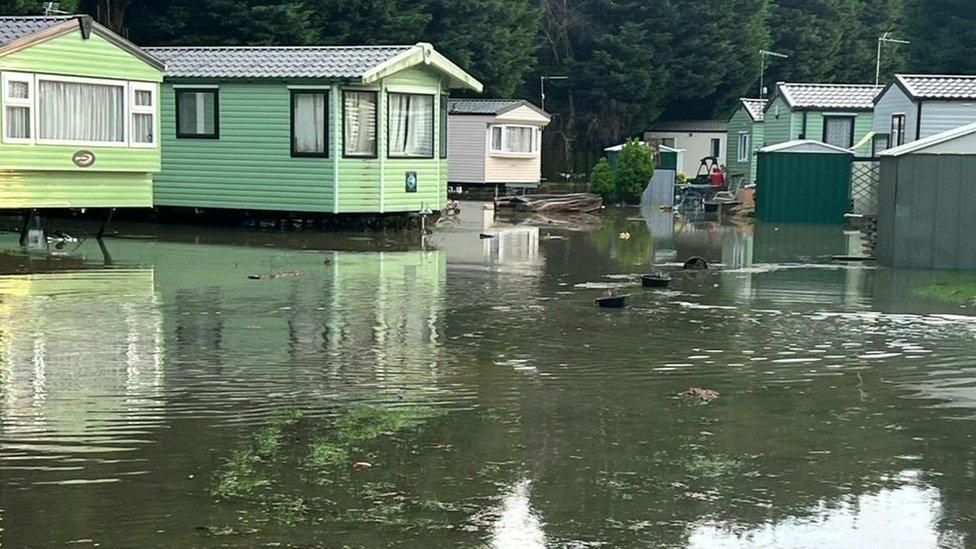
- Published3 January 2024
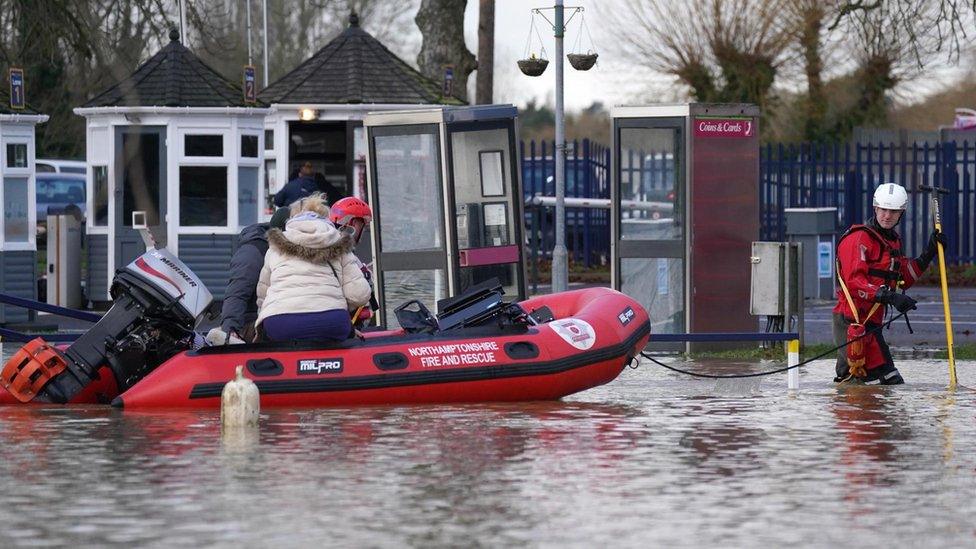
- Published27 November 2012
